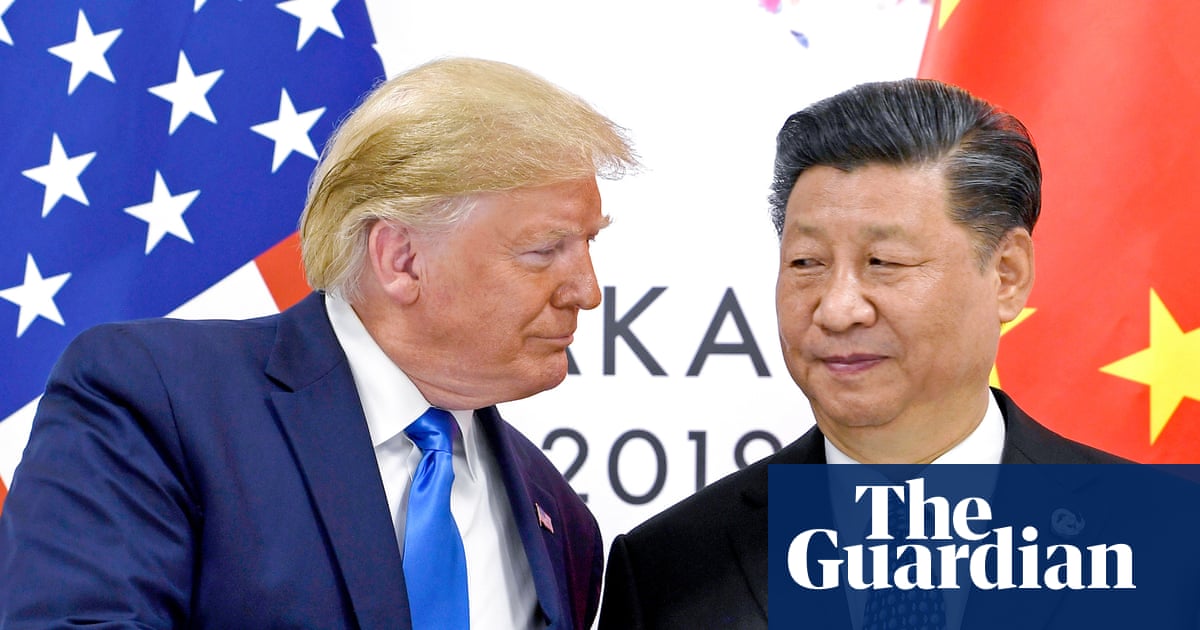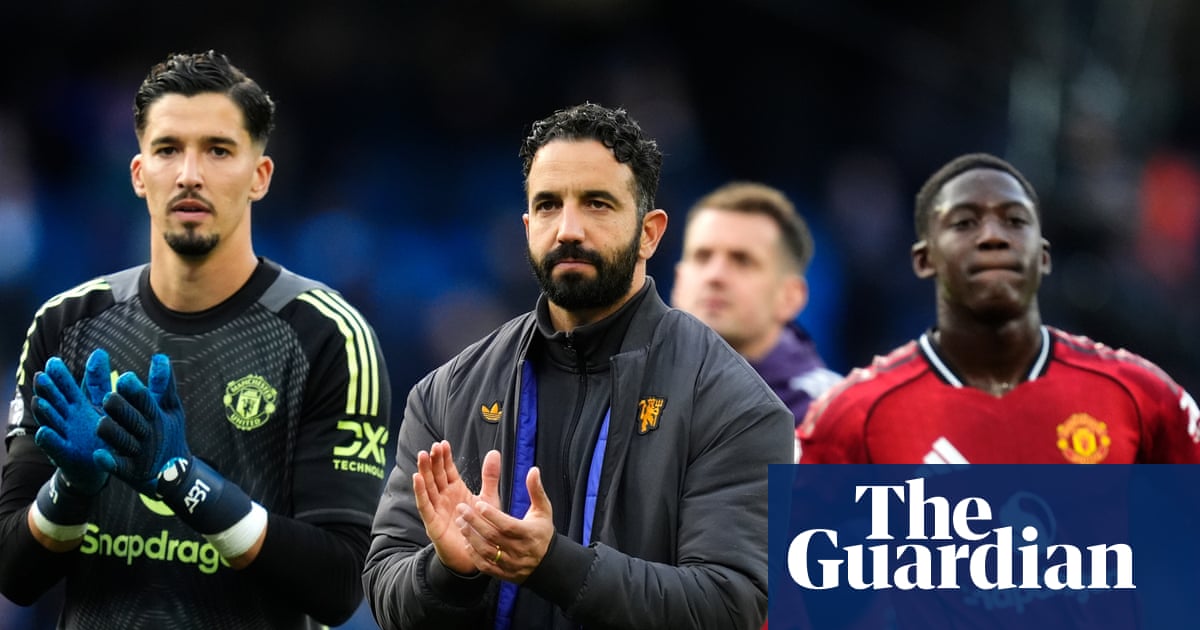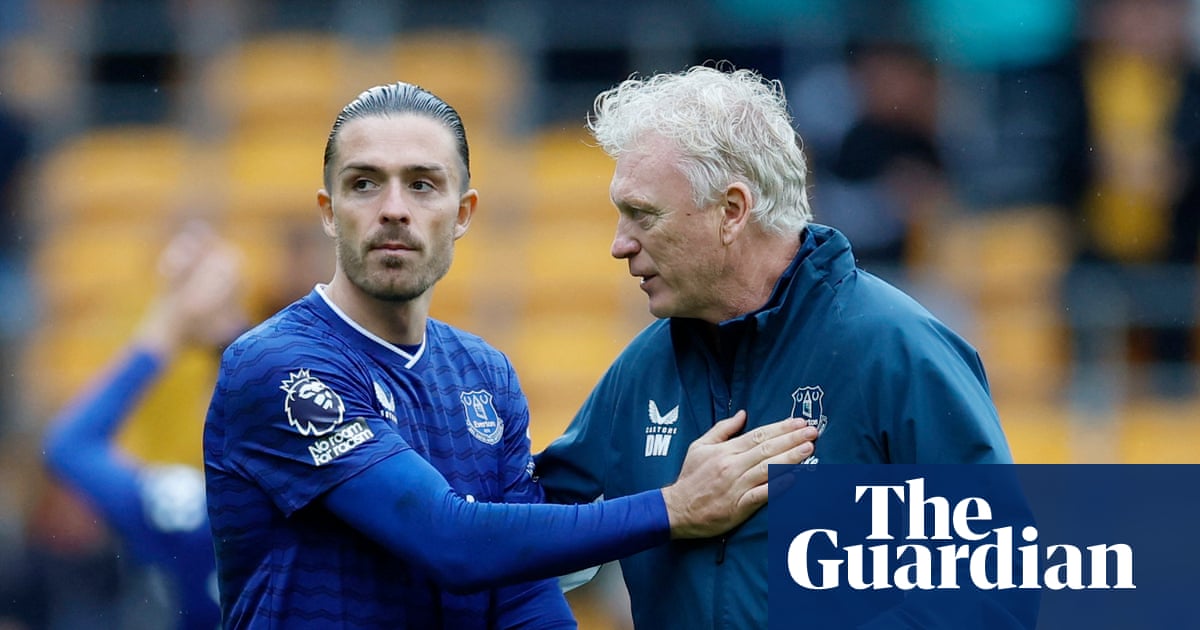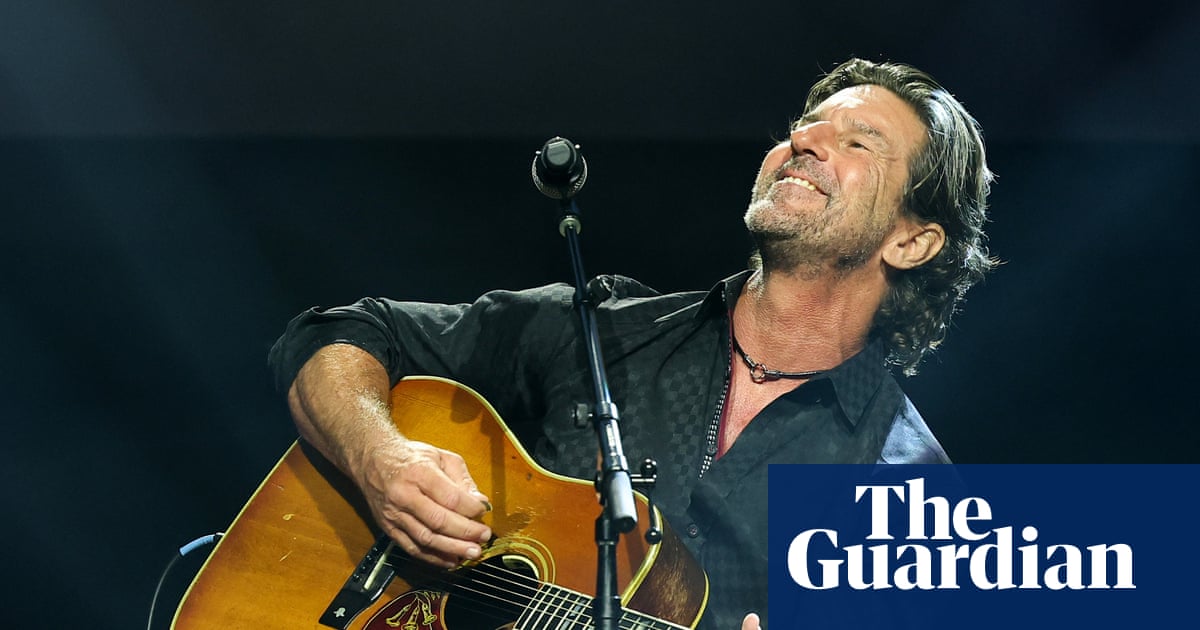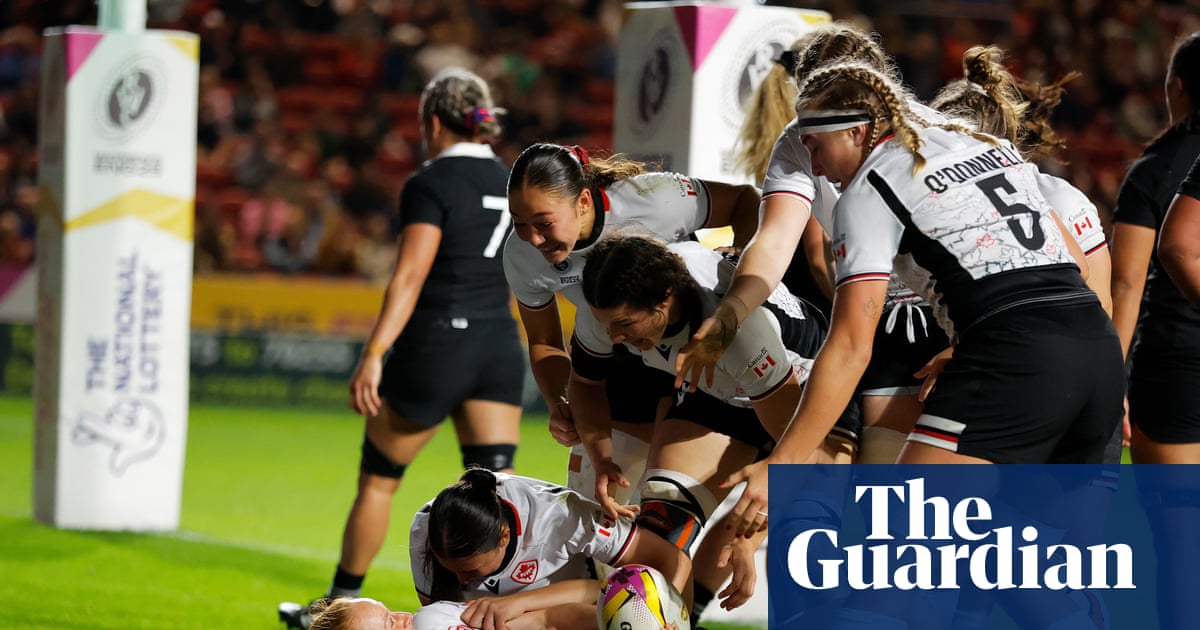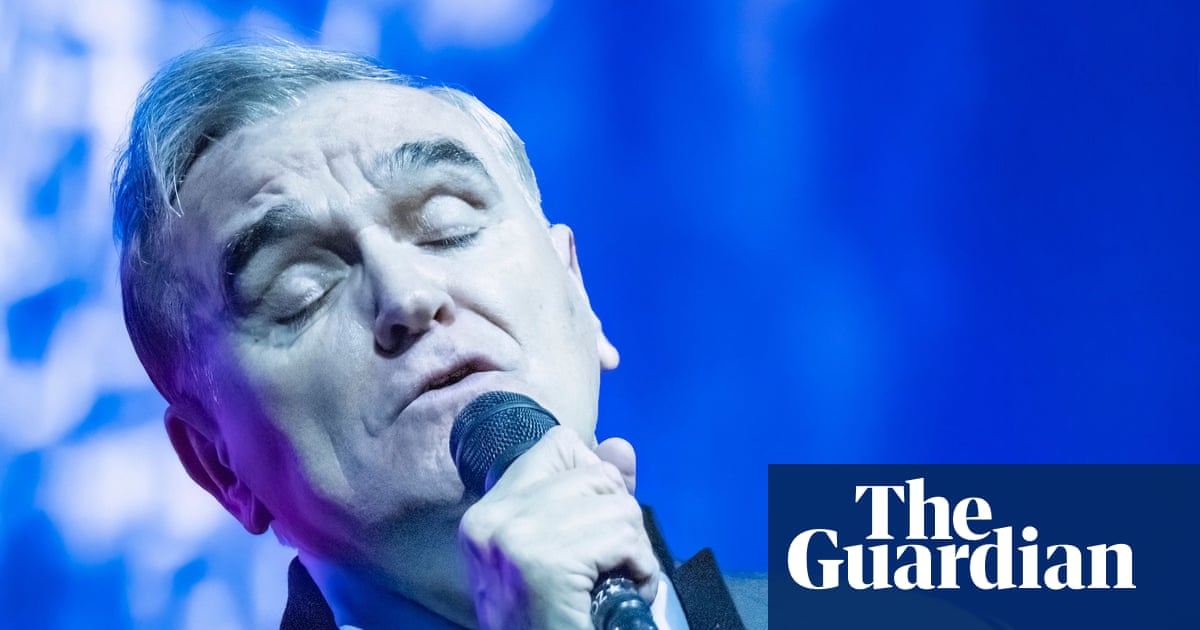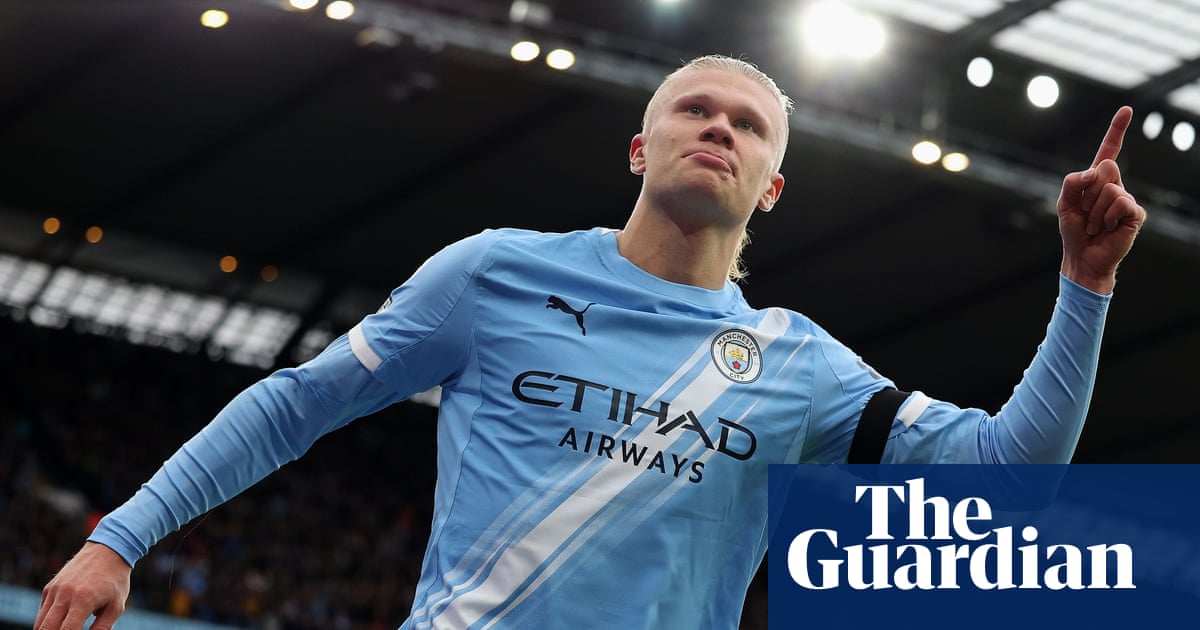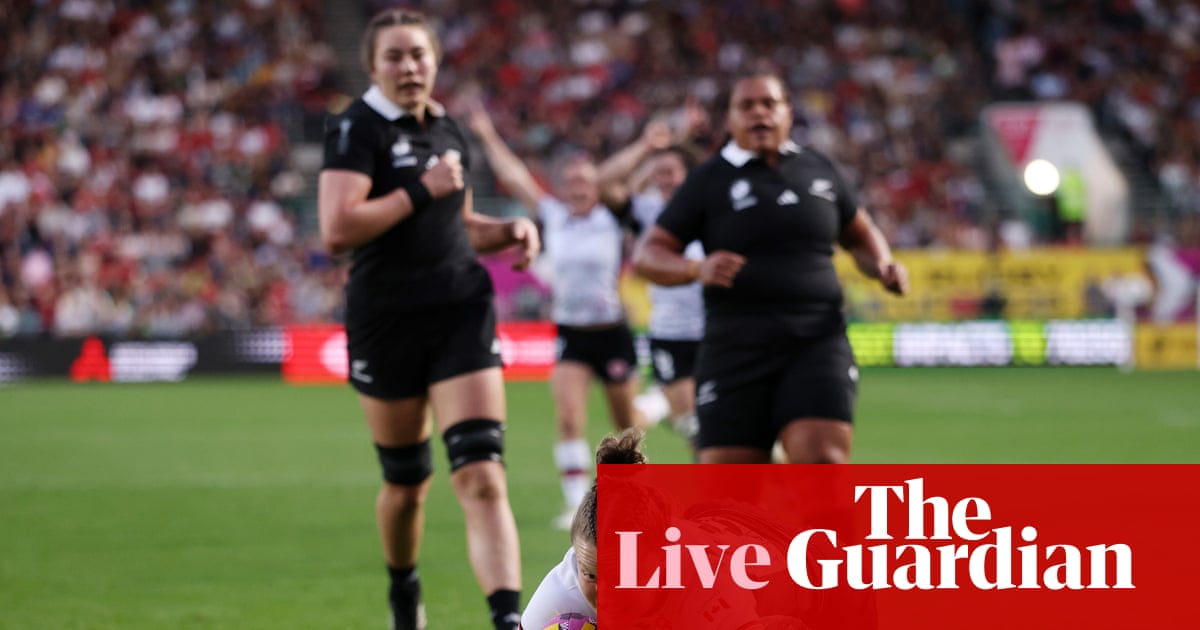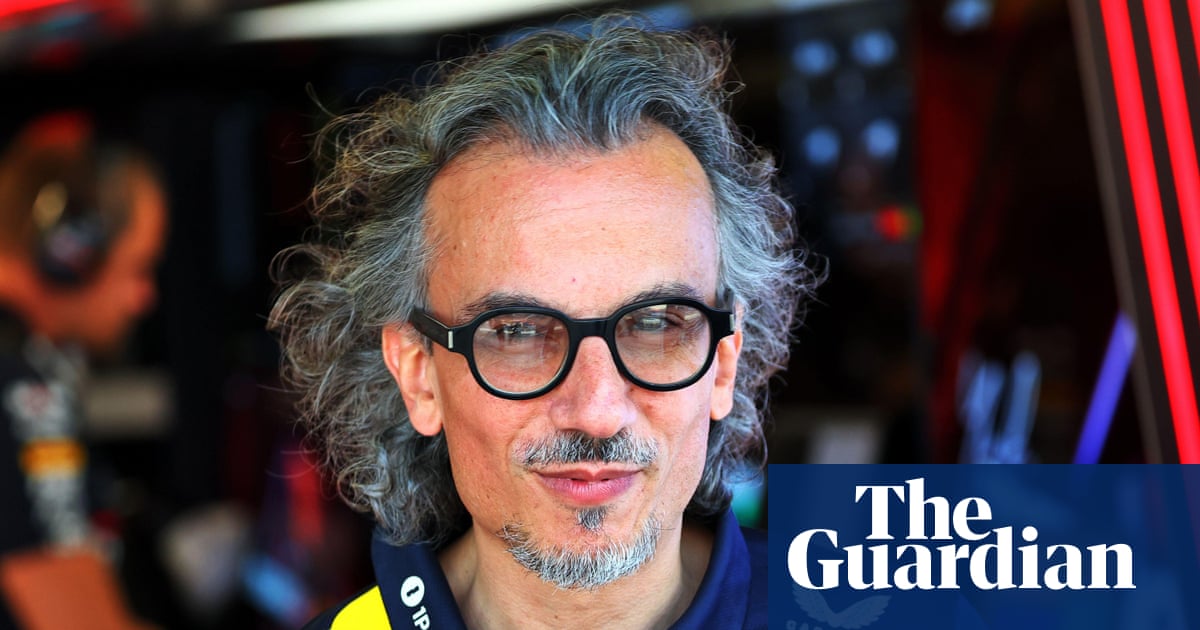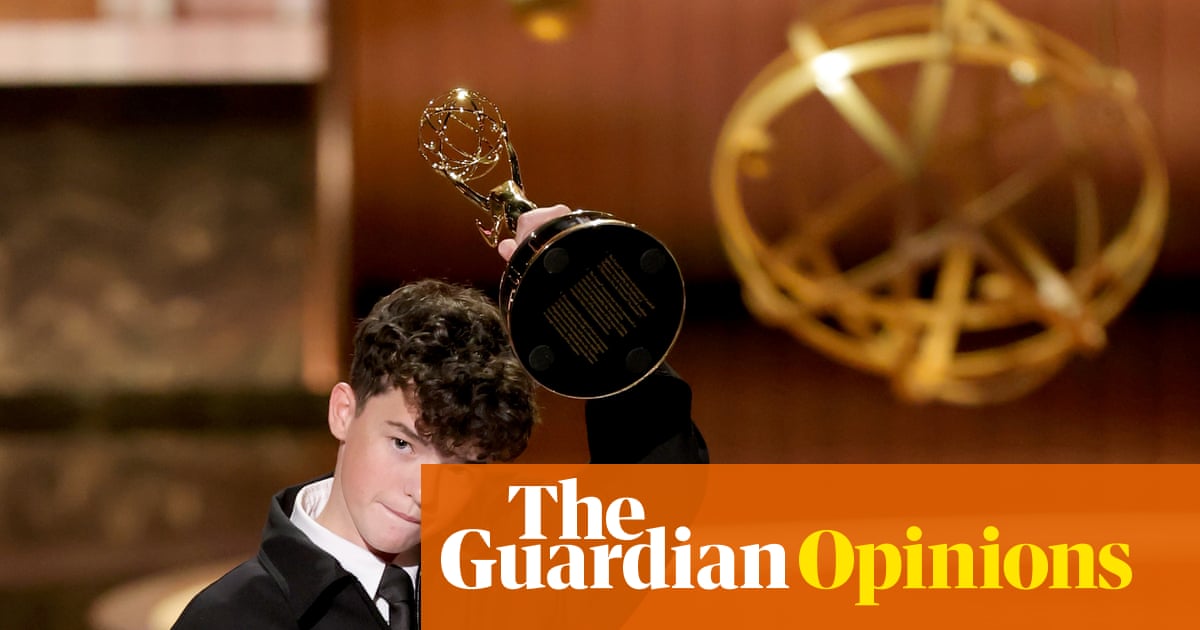A new day has broken, has it not? For several reasons, Tony Blair’s 1997 election victory speech comes to mind on what will be a historic and symbolic day for sport. Because in Lausanne on Monday, after plenty of handshakes and platitudes, the 41-year-old Kirsty Coventry will become the first female and first African president of the International Olympic Committee in its 131-year-old history.
It has been, by any measure, a dizzying ascent. In 2016, Coventry stepped out of an Olympic pool for the final time in Rio. Now, nine years later, she is the most powerful person in sport. Yet as she takes charge, there are some who suspect that the new dawn will look rather like the old one – and that her predecessor, Thomas Bach, and his administration, will remain puppet masters behind the throne.
After all, it was Bach who identified Coventry’s leadership abilities and pushed her candidacy hard before the election in March. And with the mother of two from Zimbabwe not yet having significant business or global political experience, there is a school of thought that believes she will rely on Bach and others in the IOC.
Yet having spoken to several people in the IOC ecosystem, I wonder whether that analysis might turn out to be incorrect. Because the early signs are that Coventry may end up being a lot more independent, and interesting, than Bach and the IOC administration were expecting.
True, it is early days. But Coventry, who only arrived in Lausanne at the start of June as part of a three-month transition process, has already made an impact. One source described her as “a breath of fresh air”. Two others said that she had made a very good impression not only in speeches to Olympic partners but with the rank and file. Another said she was “as tough as nails but very friendly”.
Coventry is already displaying a more human approach to Bach, who came across as part Gordon Brown, part Otto von Bismarck, Presbyterian and Prussian, serious and stern.
Last week she admitted that she was such a bad loser as a child her family banned her from playing cards. She also recalled how, as a 17-year-old in her first Olympics in Sydney, she had fallen over in the changing rooms trying to put on a Speedo swimsuit for the first time before her hero, the Australian swimmer Susie O’Neill, helped her out. Can you imagine Bach ever laughing at himself?
The early signs are also that she will be more consensual. After the handover on Monday there will be a two-day session with IOC members to brainstorm ideas in five areas. I am told that Juan Antonio Samaranch, who came second to her in the IOC presidential election, will lead the finance and revenue section, which suggests more of a big tent approach.
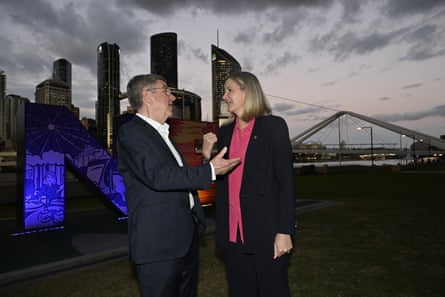
When I asked Coventry last week about the leaders she admired and had learned from, she pointed to Strive Masiyiwa, the founder and executive chairman of Econet, and something he had told her. “One of the biggest things he shared with me was to always know your strengths and weaknesses,” she said. “And never be too proud to get someone that knows something in your weak spots that’s going to be better than you. Because they’re ultimately going to make you stronger”.
What of policy? Here there will be differences from Bach, too. Coventry has already said she will protect the female category, and promised to set up a taskforce during her campaign.
One person with knowledge of her views said the issue was “front and centre for her”. And that, while it wouldn’t happen overnight, they believed there would be little pushback when it came to banning transgender athletes in female sport. They also predicted the 2021 IOC guidelines would be revised and that, ultimately, Olympic sports will end up using the cheek-swab test.
I also expect a different approach when it comes to how the 2036 Olympics is awarded. In 2021, Bach controversially gave the 2032 Games to Brisbane after almost no consultation with IOC members. But multiple sources say that Coventry will not rush the 2036 decision and also intends to find a way to get IOC members involved.
Another subtle shift might come over the IOC’s attitude to Russia. There is no chance it will be let back into the Winter Olympics next year. But Coventry has said she will look at another taskforce over Russia and there is a widespread expectation that ways will be found to let more of the country’s athletes compete at the Los Angeles Olympics in 2028.
after newsletter promotion
Of course not everything will change. Like Bach, Coventry is “passionately against” giving prize money to athletes, believing that the IOC’s money is better spent on young athletes coming through.
And while Coventry is likely to enjoy a honeymoon period, she knows there are landmines lurking everywhere. Take your pick from dealing with Donald Trump, Ukraine, the Middle East, the need to attract new sponsors. Then also chuck in the need to keep Olympic sports relevant not just at Games time, dealing with changing viewing habits, issues with the Olympic Broadcasting Services. And that is just for starters.
Clearly there is a chance that early optimism and desire for change will become blunted. Even the biggest of beasts would struggle to lead a mammoth organisation that not only runs the Olympics but is a cheerleader, funder and regulator for much of sport.
But Coventry seems aware of the dangers and the doubters, and ready to tackle them head on. Last week, for instance, she also spoke about being an underdog as an athlete before cleverly relating it to her new job as IOC president.
“I like that people tend to look at me and be like: ‘Oh, she is very young and maybe she hasn’t got much experience,’” she said. “I haven’t worked in a big corporate. But there are a lot of things I’ve gone through that no one else has. All those people who may look at me and see one thing, kind of excites me. Because I think that they won’t see what is coming.”
Those are punch words. But you don’t swim for hours every day in a cold pool, win seven Olympic medals and break five world records without being steely and determined. It would be wise not to underestimate her. A new dawn may be about to break.

 2 months ago
64
2 months ago
64



